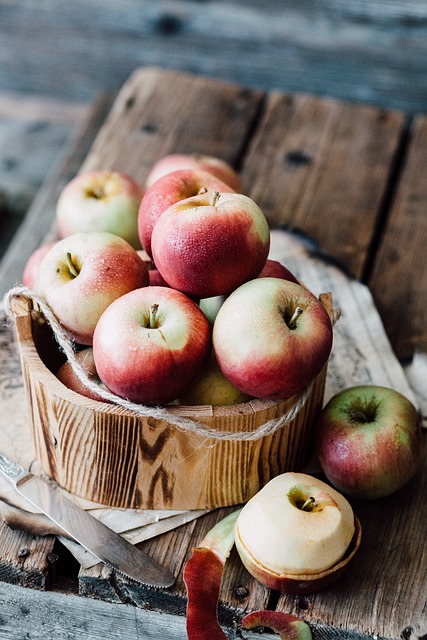Fermented Foods and Probiotics: A Delicious Way to Support Your Gut
Our gut is a complex ecosystem consisting of trillions of bacteria, both good and bad. When the balance between
these bacteria is disrupted, it can lead to various digestive issues, weakened immunity, and even mental health
problems. This is why it’s essential to support the health of our gut microbiome, and one delicious way to do
so is by incorporating fermented foods and probiotics into our diet.
Understanding Fermentation
Fermentation is a natural process in which microorganisms, such as bacteria or yeast, convert sugars into other
compounds, such as organic acids or alcohol. This process not only preserves food but also enhances its
nutritional value and introduces beneficial bacteria known as probiotics.
Throughout history, various cultures have developed traditional fermented foods as a means of preserving
perishable ingredients. Fermentation not only allowed these foods to stay edible for longer periods but also
provided communities with a powerful source of probiotics, which offer numerous health benefits.
The Power of Probiotics
Probiotics are live bacteria and yeasts that provide a range of health benefits when consumed in adequate
amounts. These friendly bacteria help maintain the natural balance of our gut microbiome, improve digestion,
enhance nutrient absorption, and strengthen our immune system.
Probiotics can be found in various food sources, including fermented foods. Adding these foods to your diet can
help replenish and diversify the beneficial bacteria in your gut, creating a more resilient and healthy
microbiome.
Delicious Examples of Fermented Foods
Fermented foods come in many forms, each providing its own set of unique flavors and textures. Here are some
delicious examples that you can incorporate into your diet:
-
Yogurt: Made by fermenting milk with live bacteria cultures, yogurt is a creamy and
nutritious probiotic powerhouse. Look for plain, unsweetened varieties for maximum benefits. -
Kombucha: This fizzy and tangy drink is made by fermenting tea with a symbiotic culture of
bacteria and yeast (SCOBY). Kombucha is known for its probiotic content and is available in a variety of
flavors. -
Sauerkraut: This traditional German dish consists of finely shredded fermented cabbage. It
has a sour flavor and is often used as a condiment to complement a variety of dishes. -
Miso: A staple in Japanese cuisine, miso is a fermented paste made from soybeans. It adds a
rich umami flavor to soups, marinades, and sauces. -
Kimchi: A popular Korean side dish, kimchi is made from fermented vegetables, mainly
cabbage and radishes. It has a spicy and tangy taste, making it a favorite addition to many meals.
Integrating Fermented Foods into Your Diet
Adding fermented foods to your diet is a simple and enjoyable way to enhance the health of your gut. Here are
some tips to help you get started:
-
Start slowly: Introduce fermented foods gradually to allow your body to adjust. Begin with
small portions and gradually increase as your digestive system adapts. -
Opt for quality: Choose organic and unpasteurized fermented foods whenever possible. These
products contain higher levels of live probiotics compared to their commercial counterparts. -
Be consistent: Incorporate fermented foods into your daily routine for optimal benefits.
Consistency is key to maintaining a healthy balance of gut bacteria. - Experiment with recipes: Get creative in the kitchen and find ways to incorporate







